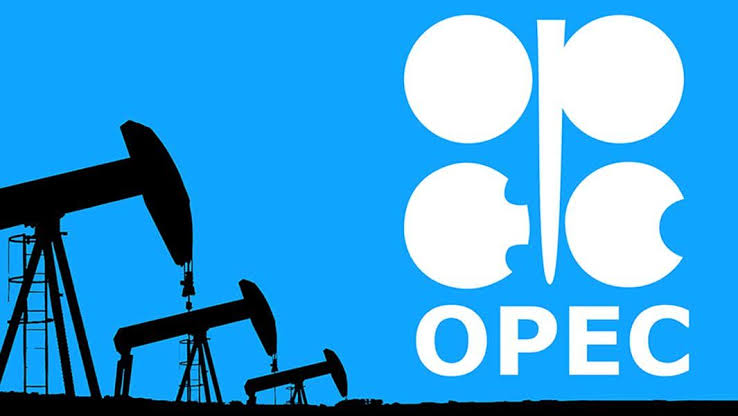Oil markets shrugged off the announcement by OPEC+ that it will extend its voluntary oil production cuts for another three months, starting in April 2024. Analysts widely expected the decision to support the stability and balance of oil markets amidst increasing geopolitical tensions and demand uncertainties.
The OPEC+ group, which includes the Organization of the Petroleum Exporting Countries (OPEC) and its allies led by Russia, agreed in November 2023 to reduce output by 2.2 million barrels per day (bpd) for the first quarter of 2024, with Saudi Arabia taking the lead by cutting an additional 1 million bpd. The group also agreed to review the cuts in March and adjust them according to market conditions.
However, oil prices showed little reaction to the news, as traders focused on other factors such as the US-China trade talks, the Iran nuclear deal, and the global economic recovery. Brent crude, the international benchmark, traded above $81 a barrel on Thursday, while West Texas Intermediate (WTI), the US marker, hovered around $78 a barrel.
Why oil markets are not impressed
Energy experts noted that the market had already factored in the OPEC+ cuts extension, given the group’s indication to sustain the current production level for an additional quarter. Moreover, the market is more concerned about the demand side of the equation, as the coronavirus pandemic continues to pose challenges for the global economy and oil consumption.
“The OPEC+ decision was largely anticipated and did not surprise the market. The main driver of oil prices is the demand outlook, which remains uncertain due to the pandemic and its variants. The market is also watching the developments in the US-China trade relations, which could have a significant impact on the global growth and oil demand,” said Dr. Sara Vakhshouri, president of SVB Energy International, a Washington-based energy consulting firm.
Dr. Vakhshouri added that the OPEC+ cuts extension was a prudent move by the group, as it gives them more flexibility to respond to any changes in the market. She also noted that the group has shown a high level of compliance with the agreed output levels, which has helped to reduce the global oil glut and support prices.
“The OPEC+ group has been very disciplined and coordinated in implementing the cuts. They have also been transparent and communicated well with the market. This has enhanced their credibility and influence in the oil market. The extension of the cuts gives them more room to maneuver and adjust their policy according to the market situation,” she said.
What lies ahead for oil markets
Looking ahead, energy experts expect oil prices to remain volatile and influenced by a range of factors, such as the supply-demand balance, geopolitical risks, the US dollar exchange rate, and investor sentiment. They also anticipate that the OPEC+ group will continue to monitor the market closely and act accordingly to maintain the stability and balance of oil markets.
“The oil market is facing a lot of uncertainties and risks, both on the supply and demand sides. The OPEC+ group will have to be vigilant and flexible in managing the market. They will also have to coordinate with other major producers, such as the US, Canada, and Brazil, to avoid oversupply and price collapse,” said Dr. Mamdouh Salameh, an international oil economist and a visiting professor at the ESCP Business School in London.
Dr. Salameh anticipates oil prices averaging approximately $80 per barrel in 2024, with a possibility of reaching $85 per barrel by year-end, contingent upon robust global economic recovery and pandemic containment. He also said that he does not foresee a return to the pre-pandemic level of oil demand of 100 million bpd until 2025 or 2026, as the pandemic has changed the consumption patterns and behavior of consumers and businesses.
“The oil market is undergoing a structural change, as the pandemic has accelerated the energy transition and the shift to cleaner and renewable sources of energy. The oil industry will have to adapt to this new reality and invest in innovation and diversification,” he said.
Despite the challenges and uncertainties facing the oil market, some energy experts remain optimistic about the future of the industry and its role in the global economy and society. They believe that oil will continue to be a vital and valuable commodity and that the oil producers and consumers will find a way to cooperate and coexist sustainably and responsibly.
“Oil is not a curse, but a blessing. It has enabled the development and prosperity of many countries and regions, and it has contributed to human civilization and culture. Oil is not the enemy, but the ally of the environment and the climate. Oil is not a source of conflict, but a catalyst for peace and cooperation. It can foster dialogue and understanding among nations and peoples, and it can promote stability and security in the world,” said Dr. Vakhshouri.
Source: Reuters



